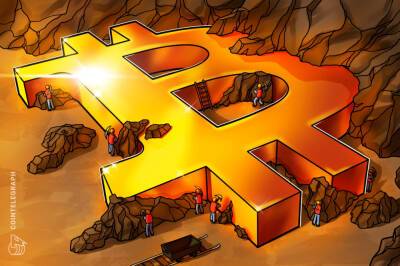Could the Ukraine Invasion Spark a Global Financial Crisis?
Nasir Aminu, Senior Lecturer in Economics and Finance, Cardiff Metropolitan University. ____
The Russian assault on Kyiv and other Ukrainian cities has intensified uncertainty in the world economy. To condemn Putin’s war, western leaders announced some restrictive economic measures to target Russian financial institution and individuals.
The sanctions include: removing some Russian banks from the Swift messaging system for international payments; freezing the assets of Russian companies and oligarchs in western countries; and restricting the Russian central bank from using its USS 630bn of foreign reserves to undermine the sanctions.
In response to these moves, several ratings agencies have either cut Russia’s credit rating to junk status or signalled that they may do so soon. In other words, they think the prospect of Russia defaulting on its debts is higher than before. According to a group of global banks, a default is “extremely likely”.
With over USD 100bn of Russian debt in foreign banks, this raises questions about the risks to banks outside Russia – and the potential for a default to kick off a 2008-style liquidity crisis, where banks panic about the state of other banks’ solvency and stop lending to one another.
European banks are the most exposed financial institutions to Russia’s new sanctions, specifically those in Austria, France and Italy. Figures from the Bank for International Settlements (BIS) show that France and Italy’s banks each have outstanding claims of about USD 25bn on Russian debt, while Austrian banks had USD 17.5bn.
Comparatively, US banks have been decreasing their exposure to the Russian economy since the Crimea sanctions in 2014. Nonetheless, Citigroup has a USD 10bn exposure, albeit this is
Read more on cryptonews.com








